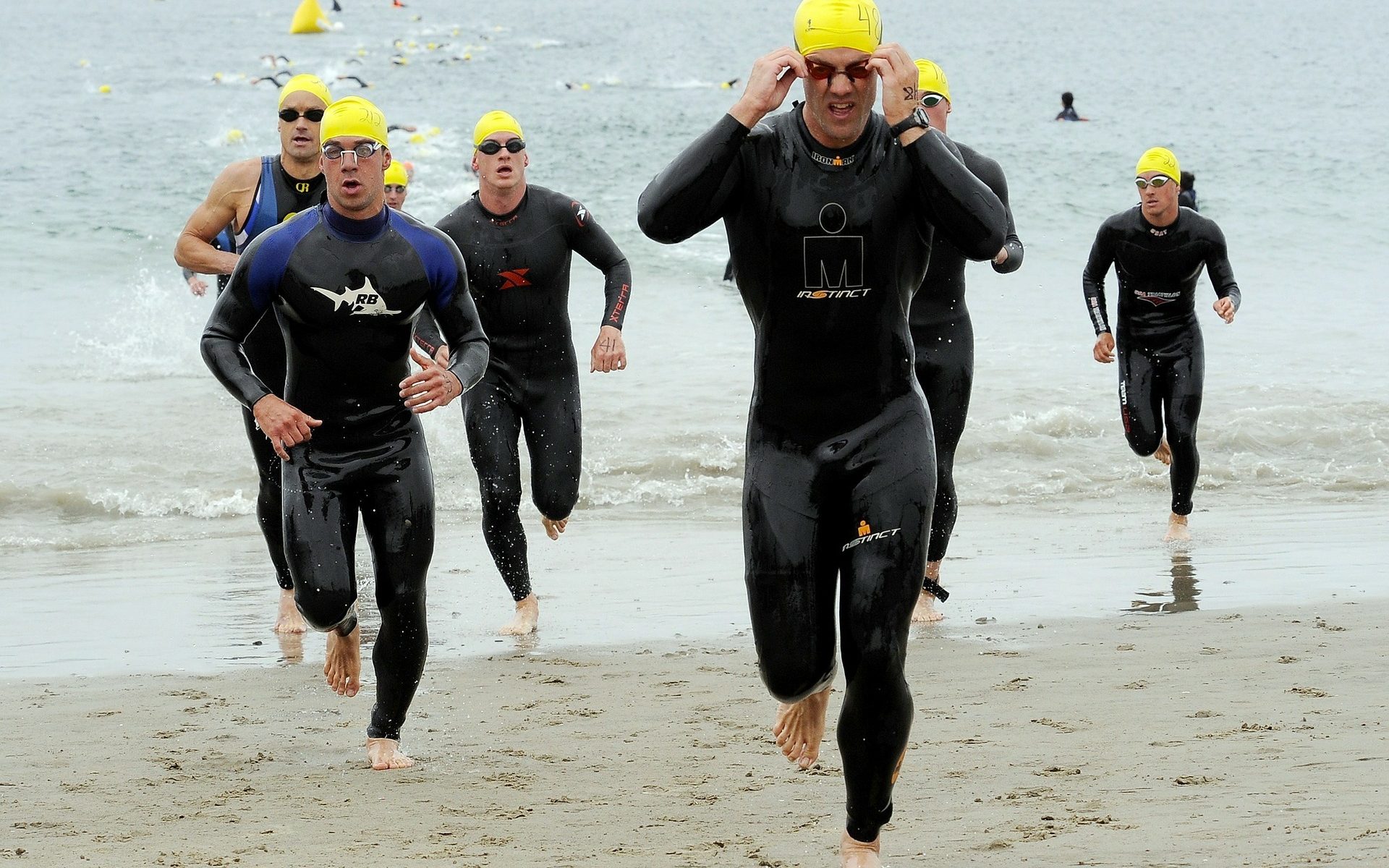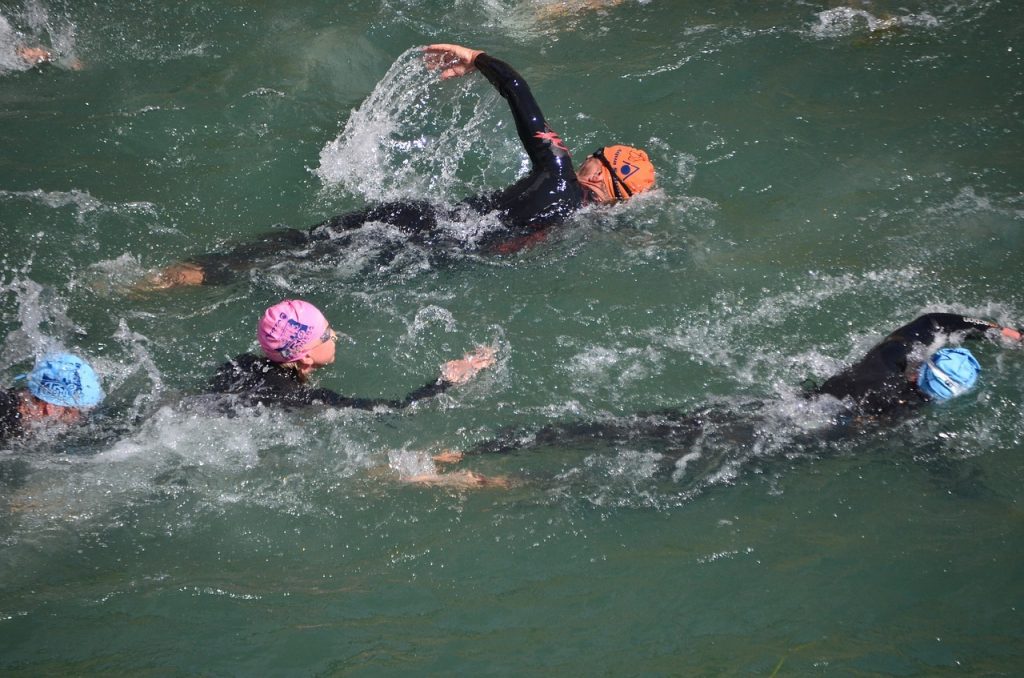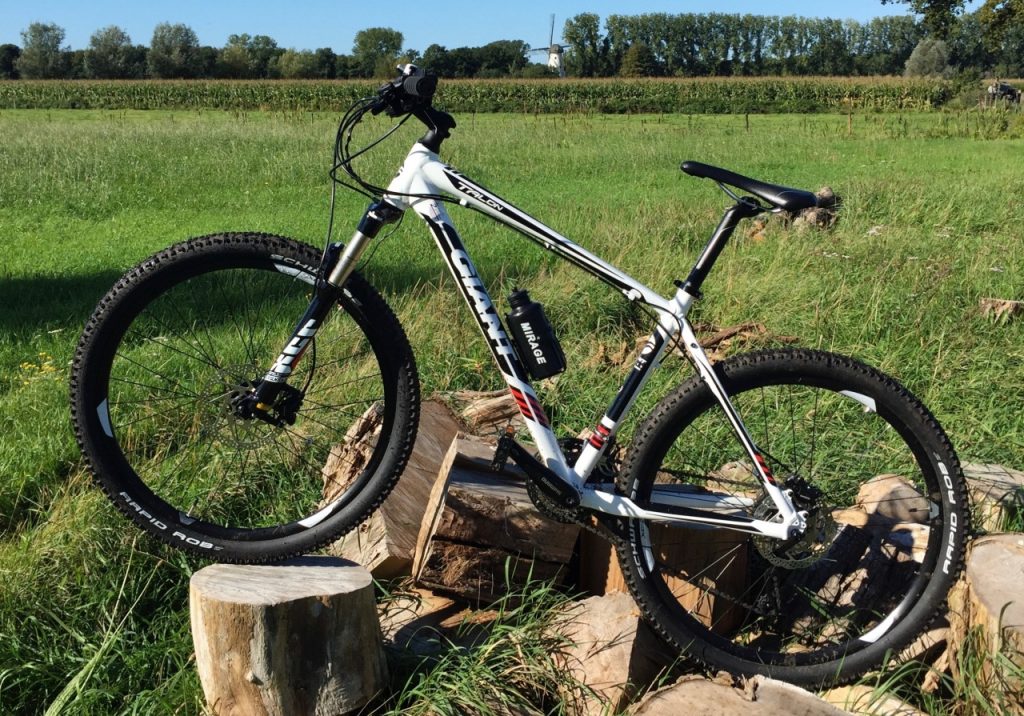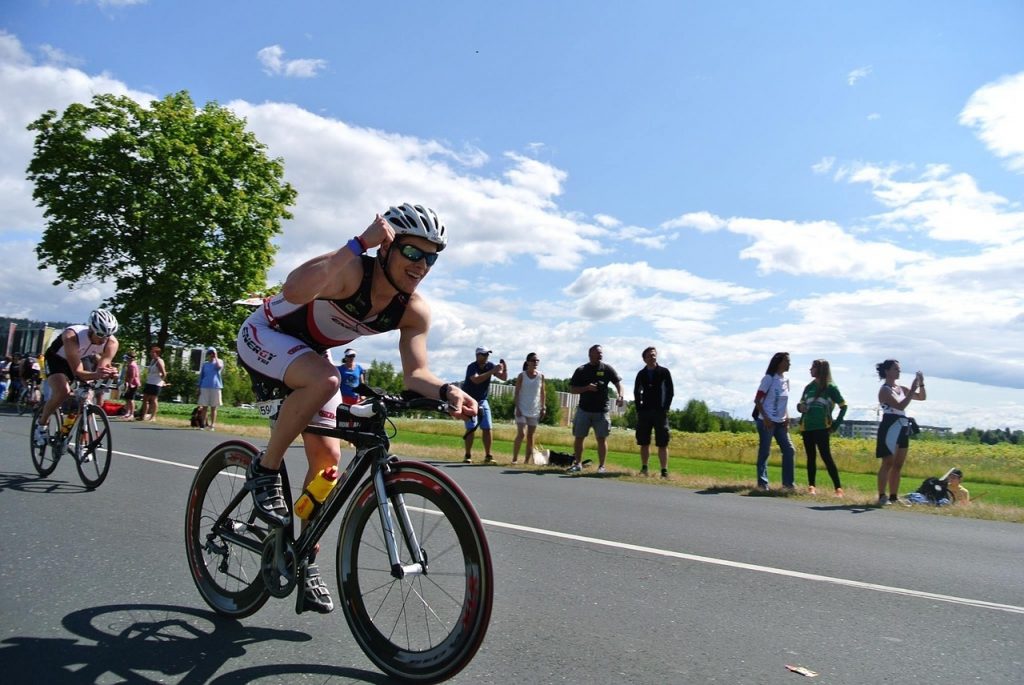How To Prepare for a Triathlon

If you’ve been following us regularly, you’ve probably noticed that we love triathlon! Personally, I believe going on a triathlon has a lot of benefits, which include better health and stamina, improved mental condition, and a stronger determination to go through life’s challenges. Part of the reason behind these advantages is the fact that there are a lot of things to consider when you are planning to prepare for a triathlon.
What To Expect in a Triathlon
Beginners in the field of triathlon may find themselves overwhelmed by the sheer volume of considerations when doing the sport. Meanwhile, some others are shocked by the physically demanding challenges involved in a typical triathlon event.
Active.com defines triathlon as a sport that is “comprised of three sports: swimming, cycling and running.” A standard triathlon starts off with swimming, followed by biking, and then capped by running towards a finish line. This sport may come with varying distances depending on the event, but all triathlon events are timed (i.e. you are racing with other triathletes and at the same time aiming to beat your own time).
Judging from the things stated above, one thing is clear: a triathlon is physically challenging. Don’t make the mistake of joining a triathlon event without preparation and the proper training.
How To Prepare for a Triathlon
There are many things that you need to do, in order to prepare for a triathlon. Here are some of the most basic arrangements that you need to prepare:
Know the distance

If you’re planning to join a particular triathlon event, you need to know the distances of each leg (swimming, biking, and running). This way, you can train ahead of time based on the race requirements.
For instance, a typical sprint triathlon involves 0.75km of swimming, 20km of biking, and 5km of running. Meanwhile, an Ironman triathlon consists of “a 2.4-mile (3.86 km) swim, a 112-mile (180.25 km) bicycle ride and a marathon 26.22-mile (42.20 km) run, raced in that order and without a break.”
Consult a trainer
The demands of a triathlon may not be conquered overnight, and so you may need to ask help from someone who knows how to go through this kind of sport. Look for a triathlon trainer or an experienced triathlete, who can help you train for this sort of sport.
Most beginner triathletes find swimming to be the most difficult of the three sports, mainly because of the need for good breathing and effective form. You might want to enroll in a swimming class to improve your strokes, glides, and other techniques.
Set a training schedule
Because triathlon involves three sports, you need to train for each one at specific days of the week. Make sure that you put into writing a training schedule. Ironman competitor Sam Cardona recommends the following training regimen, based on an interview with Men’s Fitness:
- Monday: Swimming for 30 minutes
- Tuesday: Running to work on either speed or uphill runs
- Wednesday: Swimming for 45 minutes
- Thursday: 45 minutes of biking, and 20 minutes of running
- Friday: Day off
- Saturday: Biking for at least 1 hour
- Sunday: Running sprints
Bring food and water while on the bike

Because there are no stopovers in triathlon, you should train yourself to eat and drink while in the biking course. If you don’t practice eating while biking, you might find yourself lagging behind in the middle course just because you don’t know how to drink water while pedaling.
Practice shifting from biking to running

Riding the bike for miles may cause a burning or numbing sensation in your legs, and this is risky when you shift to running. You may end up falling over or injuring yourself. To conquer this potential problem, look for a strategy to get off the bike easily and still have the power to run on foot.
Some seasoned triathletes recommend starting slow in running, and then picking up the pace gradually. It may also be beneficial to train on a terrain that’s similar to the location of the actual triathlon.
Final Word
Preparing for a triathlon is no joke: it requires commitment, determination, and the willingness to push yourself to the limit. However, with enough practice and preparation, you will be able to get past the demands of the sport and enjoy its benefits.

